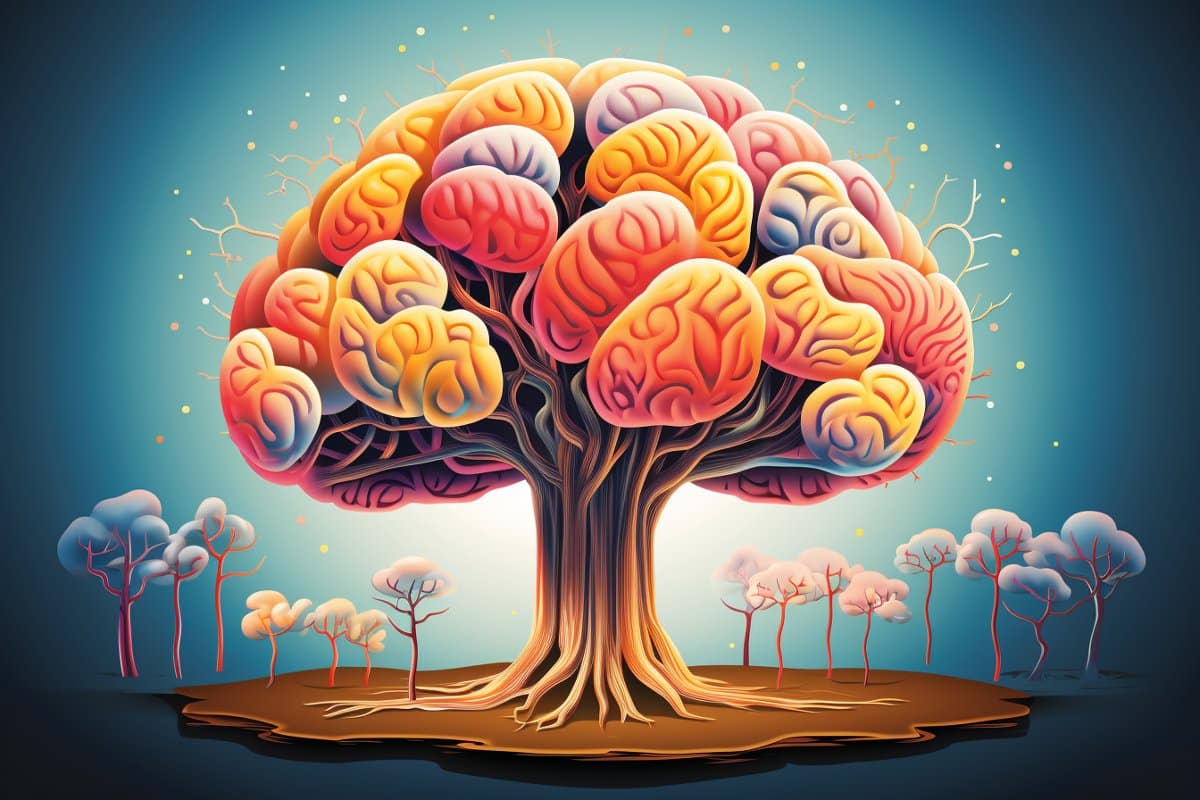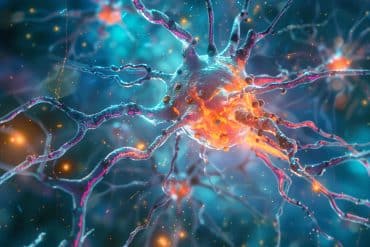Summary: Researchers made a pivotal discovery about the cerebellum’s role in social recognition memory, potentially revolutionizing treatment for neurodegenerative diseases like Alzheimer’s.
By modulating cerebellar activity in preclinical models, they found it crucial for retrieving social information, a function often deteriorating in dementia patients. This research paves the way for novel therapies targeting specific brain networks, with future studies aiming to monitor cerebellum-neocortex interactions during social tasks.
This study signifies hope for those afflicted with memory loss.
Key Facts:
- The cerebellum, previously underappreciated in memory functions, has been identified as a critical player in social recognition memory.
- Modulating cerebellar activity led to the retrieval of social information, pointing to targeted treatment opportunities for memory loss in neurodegenerative disorders.
- This research was enabled by funding from the National Institutes of Health and other notable organizations, highlighting the significant investment in understanding and treating neurodegenerative diseases.
Source: University of Minnesota
As millions of Americans struggle with memory loss and dementia brought on by increasingly common neurodegenerative disorders, like Alzheimer’s disease and Parkinson’s disease, greater understanding of how the brain works and is affected in those suffering from memory loss will be key to advancing more effective and targeted treatments.
Published in Nature Communications, University of Minnesota Medical School, Duluth Campus researchers discovered the cerebellum coordinates the brain network essential for social recognition memory.
Social recognition memory is a cognitive process that allows individuals to remember and recognize the identities of other people, particularly those they have previously encountered.
“Loss of recognition memory is a common symptom in neurodegenerative disorders. Understanding this complex brain function is a critical step that could lead to the development of targeted therapies,” said Yi-Mei Yang, PhD, an associate professor at the U of M Medical School, Duluth Campus.
In this study, researchers directed cerebellar activity with precise control in preclinical models. They found that the cerebellum is engaged in the retrieval of social information by activating the neural matrix underlying emotional responses and cognitive functions.
The research team says future studies will include real-time monitoring of cerebellum-neocortex interactions during social recognition tasks.
Funding: Research funding was provided by the National Institutes of Health [grants R15 NS112964, R01 MH129300 and R01 NS112289], the Singapore Ministry of Education [grant MOE2017-T3-1-002], the Brain & Behavior Research Foundation Young Investigator grant and the Winston and Maxine Wallin Neuroscience Discovery Fund.
The work was also supported by the Medical Discovery Team on Addiction through the University of Minnesota Structural Circuits Core.
About this neuroscience research news
Author: Alexandra Smith
Source: University of Minnesota
Contact: Alexandra Smith – University of Minnesota
Image: The image is credited to Neuroscience News
Original Research: Open access.
“Social memory deficit caused by dysregulation of the cerebellar vermis” by Yi-Mei Yang et al. Nature Communications
Abstract
Social memory deficit caused by dysregulation of the cerebellar vermis
Social recognition memory (SRM) is a key determinant of social interactions. While the cerebellum emerges as an important region for social behavior, how cerebellar activity affects social functions remains unclear.
We selectively increased the excitability of molecular layer interneurons (MLIs) to suppress Purkinje cell firing in the mouse cerebellar vermis. Chemogenetic perturbation of MLIs impaired SRM without affecting sociability, anxiety levels, motor coordination or object recognition.
Optogenetic interference of MLIs during distinct phases of a social recognition test revealed the cerebellar engagement in the retrieval, but not encoding, of social information.
c-Fos mapping after the social recognition test showed that cerebellar manipulation decreased brain-wide interregional correlations and altered network structure from medial prefrontal cortex and hippocampus-centered to amygdala-centered modules.
Anatomical tracing demonstrated hierarchical projections from the central cerebellum to the social brain network integrating amygdalar connections.
Our findings suggest that the cerebellum organizes the neural matrix necessary for SRM.







